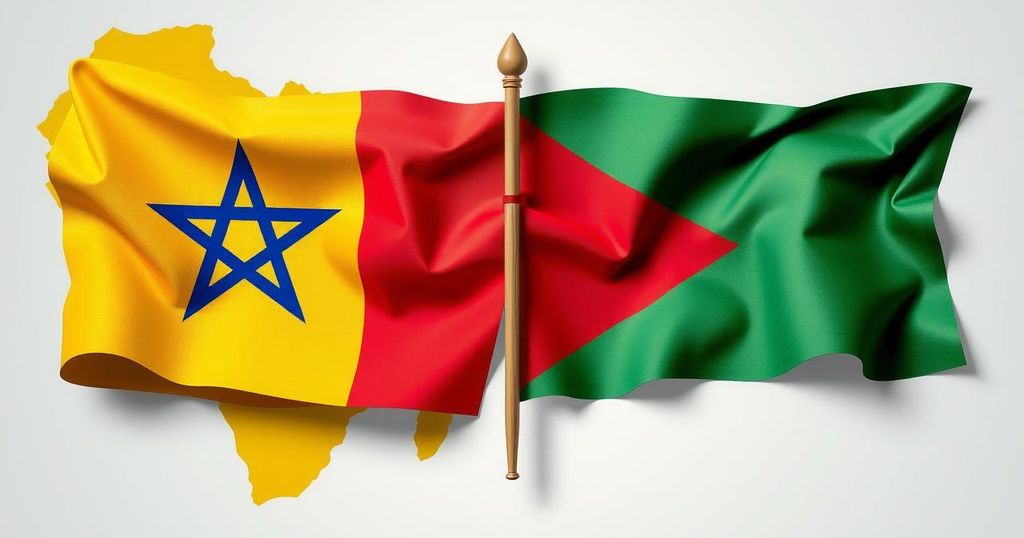Ankara Declaration: A New Era for Ethio-Somali Relations

The Ankara Declaration on December 11, 2024, represents a historic agreement between Somalia and Ethiopia facilitated by Turkey, aimed at ensuring peace and cooperation. While offering a path forward, it raises concerns regarding territorial integrity and the sincerity of both leaders amidst past hostilities. Future negotiations are critical for establishing reliable and fair economic and infrastructural relationships.
On December 11, 2024, a significant milestone was reached in the Horn of Africa with the announcement of the Ankara Declaration, facilitated by the Turkish government under President Recep Tayyip Erdogan. This agreement between Somalia and Ethiopia marked a pivotal moment as both nations stepped back from the brink of conflict. Notably, Somali President Hassan Sheikh Mahmoud and Ethiopian Prime Minister Abiye Ahmed Ali represented their respective governments.
The Horn of Africa has long been characterized by geopolitical tensions, particularly between Somalia and Ethiopia. Historic disputes over territorial integrity have brought these countries to the edge of war. The Ankara Declaration aims to foster peace and cooperation, yet it has sparked debate. Skeptics question the sincerity of the agreement, given Ethiopia’s historical encroachments into Somali territory, and many Somalis feel pressured to resolve disputes hastily rather than addressing long-standing grievances.
In summary, the Ankara Declaration presents both opportunities and challenges for Somalia and Ethiopia. While the agreement opens avenues for peaceful coexistence and economic collaboration, it also requires careful negotiation to ensure equitable arrangements, particularly regarding territorial integrity and maritime access. The success of this initiative hinges on the leaders’ commitment to prioritize long-term outcomes over immediate gains, thereby fostering stability and trust in the region.
Original Source: www.eurasiareview.com







